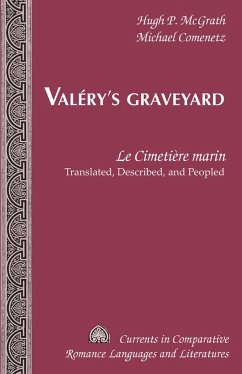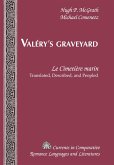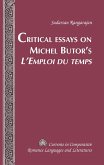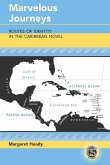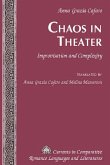Valéry's Graveyard is in two parts. The first part presents the French text of Paul Valéry's poem Le Cimetière marin (The Graveyard by the Sea) and a facing English translation, followed by a descriptive account of the poem that sets out its main structural and dynamic features and traces its narrative. The second part consists of nine short chapters on selected themes of the poem in their relation to the poet's thought, including certain of his scientific concerns, and to literature ancient and modern.
Le Cimetière marin is one of the most celebrated works of poetry of the last hundred years, widely recognized as distinguished for beauty of form and wealth of meaning. On the basis of the French text and a translation that is at once accurate and poetical, this book provides an introduction to the poem, and thereby to the complex intellectual world of Valéry. It exhibits the depth and breadth both of the poem and of the poet's thought.
A valuable resource for scholars, Valéry's Graveyard is accessible to all serious readers. As it does not require a knowledge of French, the book is suitable for study in any course on modern literature.
Le Cimetière marin is one of the most celebrated works of poetry of the last hundred years, widely recognized as distinguished for beauty of form and wealth of meaning. On the basis of the French text and a translation that is at once accurate and poetical, this book provides an introduction to the poem, and thereby to the complex intellectual world of Valéry. It exhibits the depth and breadth both of the poem and of the poet's thought.
A valuable resource for scholars, Valéry's Graveyard is accessible to all serious readers. As it does not require a knowledge of French, the book is suitable for study in any course on modern literature.

